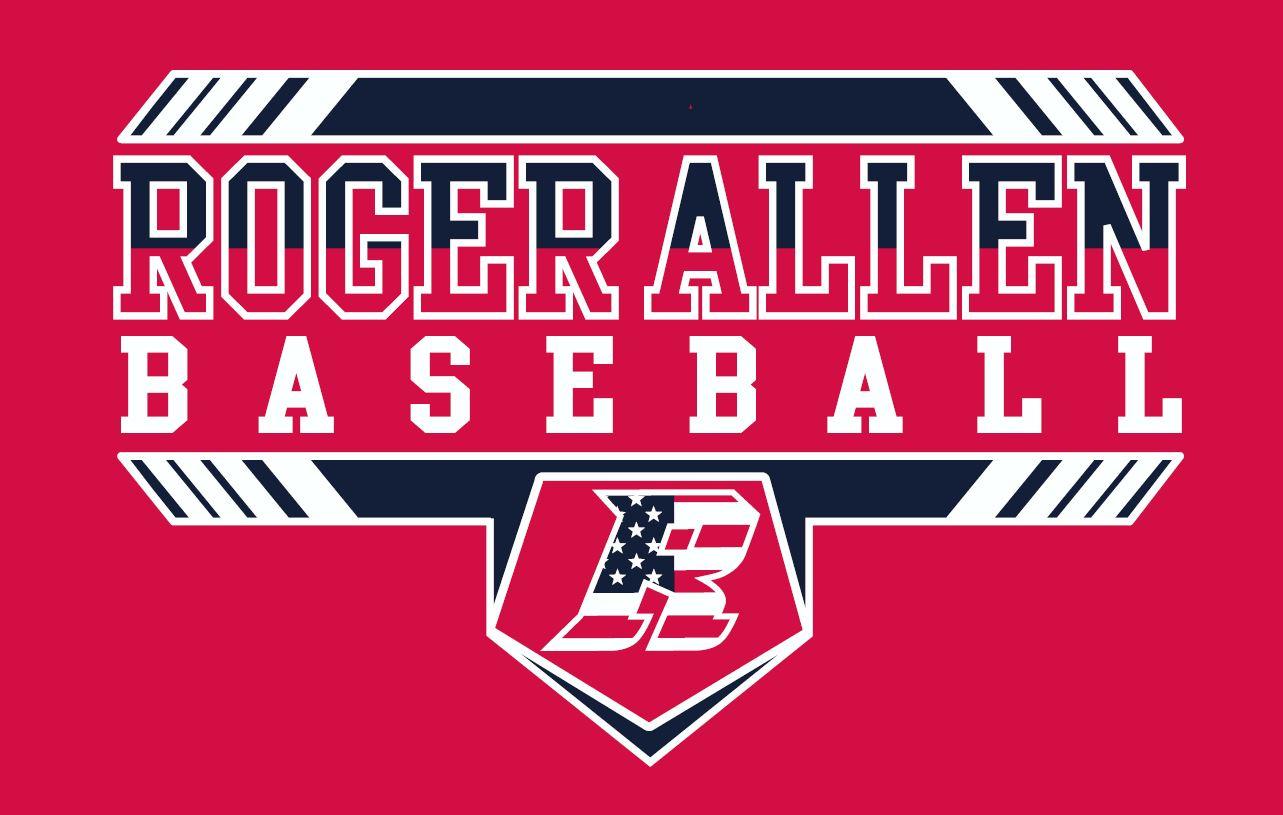Micro pigs, also known as teacup pigs, are a very popular pet right now. Micro pigs take the "farm" out of farm animal and, instead, allow you the ability to keep a pint-size pig in your home like a dog or cat. For anyone who has every found small pigs to be adorable (and who hasn't?), micro pigs can be irresistible. Unfortunately, many people are purchasing these pets with minimal knowledge about how to care for them or what to expect as they grow older and, yes, much larger.
The term "micro pig" can be misleading as it does not refer to any one breed of pig. In fact, animals that are advertised as micro pigs are usually a mix of pig breeds. This means micro pigs are not truly a breed of small pigs, they are the result of the smallest pigs from one litter breeding with the smallest pigs from another litter to keep producing (in theory) smaller pigs. Some breeders have even been known to underfeed their pigs to keep them small.
The reality is that there is no way to guarantee the size a baby pig will eventually become when it gets older. Two small pigs can produce a pig that will grow significantly larger than either parent, which means the small "mini" pig you purchased can quickly become too large to keep in your home. It's important to note, too, that pigs are denser than a dog or cat, so while your pig may not grow overly large physically, he can still weigh more than 100 pounds when fully grown. Many micro pig owners are so overwhelmed by the large size of their pigs as they grow older that they end up abandoning them or sending them to sanctuaries or animal shelters.
If you're looking to add a micro pig to your home, research is a must. Expect to pay a large sum of money - usually more than $1,000 - and remember that there is no promise your pig will remain small. Only bring a pig into your home if you're willing to commit to them regardless of how large they grow. Remember that, much like having a dog, your pig will need a lot of space and will require routine veterinary care. Pigs must also keep to a special diet to ensure they're not being underfed or, what is infinitely more likely to happen, overfed. Obesity is very common with pet pigs and is one of the reasons they become so much larger than their owners originally anticipated.
Before bringing a pig home, make sure that pigs are allowed in your neighborhood. It's also important to pig proof your home. Pigs are very smart and will figure out how to get into just about anything, including any food cabinet in their reach. To prevent your pig from being too much of a troublemaker, you'll need to pig-proof your home much the same way you would child-proof it for a new baby. Another way to keep pigs from getting into trouble is to keep them entertained with toys and games. Just like a dog, a bored pig is a destructive pig.
Pigs like to be around people and may even enjoying snoozing next to you on the couch, but you'll find that a majority of them do not enjoy being picked up and cuddled like a cat or small dog. With proper training (which may involve a lot of protesting from your pig at first) you can teach your pig to wear a harness and walk on a leash. Pigs are also very clean animals that, in addition to being hypoallergenic, can be potty trained. They can also live peacefully among other animals in your home, like dogs and cats.
A pig can be a wonderful addition to your family, but it's important to completely understand what kind of animal you are bringing into your home. Unfortunately, because of their small size and novelty, micro pigs tend to become impulse buys and, as a result, end up in homes with people unprepared to care for them until, eventually, they are given away. Before bringing a pig into your home, do plenty of research and be prepared to commit to your micro pig even when he's not so mini anymore!
Alaina Goodnough is the Promotions Coordinator at Cocheco Valley Humane Society in Dover, NH. She lives in Sanford, ME with two parrots, a cockatoo, a cat, and two dachshunds. She can be reached at CVHS at devassist@cvhsonline.org. To learn more about Cocheco Valley Humane Society, go to www.cvhsonline.org or call 603-749-5322.















